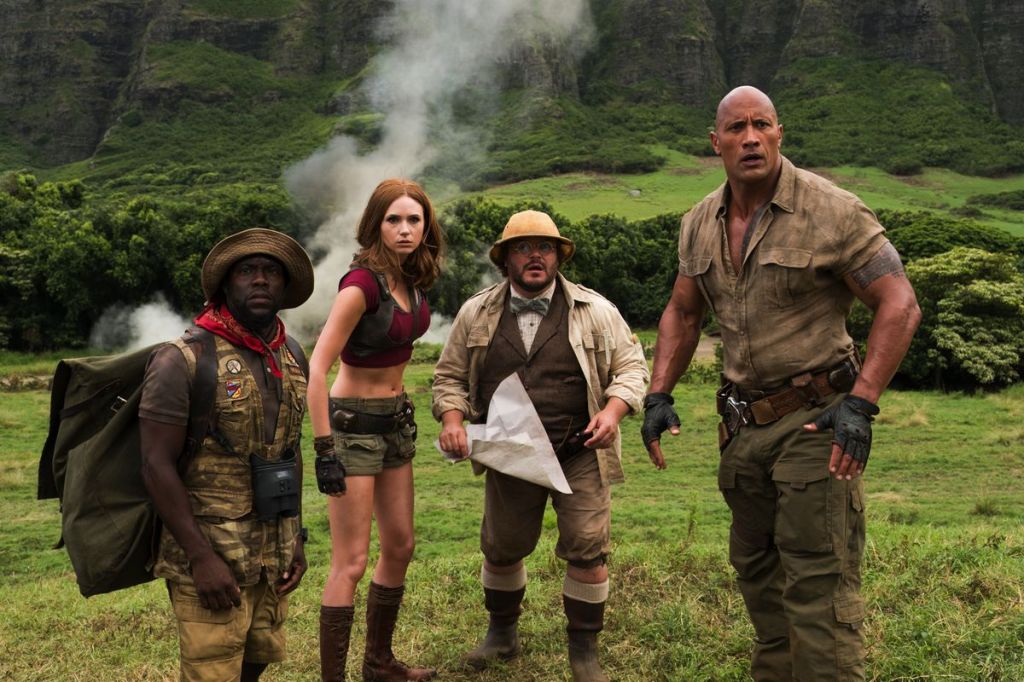
Independence Day: Resurgence (2016)
Despite the presence of stars from the first Independence Day like Jeff Goldblum, Bill Pullman, Judd Hirsch, and Brent Spiner (but not a keenly missed Will Smith), this long-in-development sequel was a massive critical and box office dud, despite the fact director Roland Emmerich had been talking about it for decades.
No one expected Emmerich to deliver anything but the big, dumb, planet-destroying spectacle that raked in more than $800 million the first time around, but Resurgence was just a dull, dim-witted reboot of many elements of the original story, seasoned with teases for a third chapter that will never happen. The cast sleepwalks through the picture, which ended up grossing less than half ($389 million) of its predecessor’s global total. And the 2016 version had two decades worth of inflation on its side. Alien invasions rarely work the second time, even 20 years later.

Blade Runner 2049 (2017)
This is a classic example of studio executives somehow believing that a longstanding cult following for a film, along with years of critical reappraisal and nostalgic yearning on social media (particularly Film Twitter), can produce a box office hit.
But whatever Blade Runner 2049’s positive aspects are—and it did have many, along with plenty of flaws—there was no getting around the fact that Ridley Scott’s original 1982 Blade Runner, while enormously influential and regarded by many as a sci-fi classic, was a box office failure. The passage of time, a slew of improved alternate cuts, and a passionate but relatively small following could not help Denis Villeneuve’s 2017 legacy sequel get past that. It earned a meager $260 million worldwide, not enough to offset a massive budget and an $80 million loss in the end. The moral of the story: just because you and your movie nerd friends love something, it doesn’t mean that everyone else will.

Jumanji: Welcome to the Jungle (2017)
The original Jumanji, released in 1995 and starring the late Robin Williams, was very much a movie of its time in terms of visuals, narrative style, and tone. But it also did pretty well at the time, earning $262 million and somehow managing to linger in the memories of those who saw it. Unlike, say, the more cerebral and introspective Blade Runner movies, Jumanji was high-concept through and through, which perhaps made the success of 2017’s Jumanji: Welcome to the Jungle not too surprising.
Well, let’s step back a minute: the success of Jumanji 2 may not have been a surprise, but the size of it was. The film hit an astonishing $962 million worldwide, fifth highest of its year, and even gave The Last Jedi a run for its money when the two competed head-to-head in late December. Strong reviews and the unquestionable star power of Dwayne Johnson, along with a story that updated the original without retreading old ground, pushed it to the top as well. A legacy sequel featuring no founding characters, Jumanji: Welcome to the Jungle effectively restarted a franchise long thought out of date.
"Hollywood" - Google News
May 30, 2022 at 04:00PM
https://ift.tt/jEizhbn
Examining Hollywood's Growing Obsession With Legacy Sequels - Den of Geek
"Hollywood" - Google News
https://ift.tt/dRVWuwj
Shoes Man Tutorial
Pos News Update
Meme Update
Korean Entertainment News
Japan News Update
Bagikan Berita Ini














0 Response to "Examining Hollywood's Growing Obsession With Legacy Sequels - Den of Geek"
Post a Comment